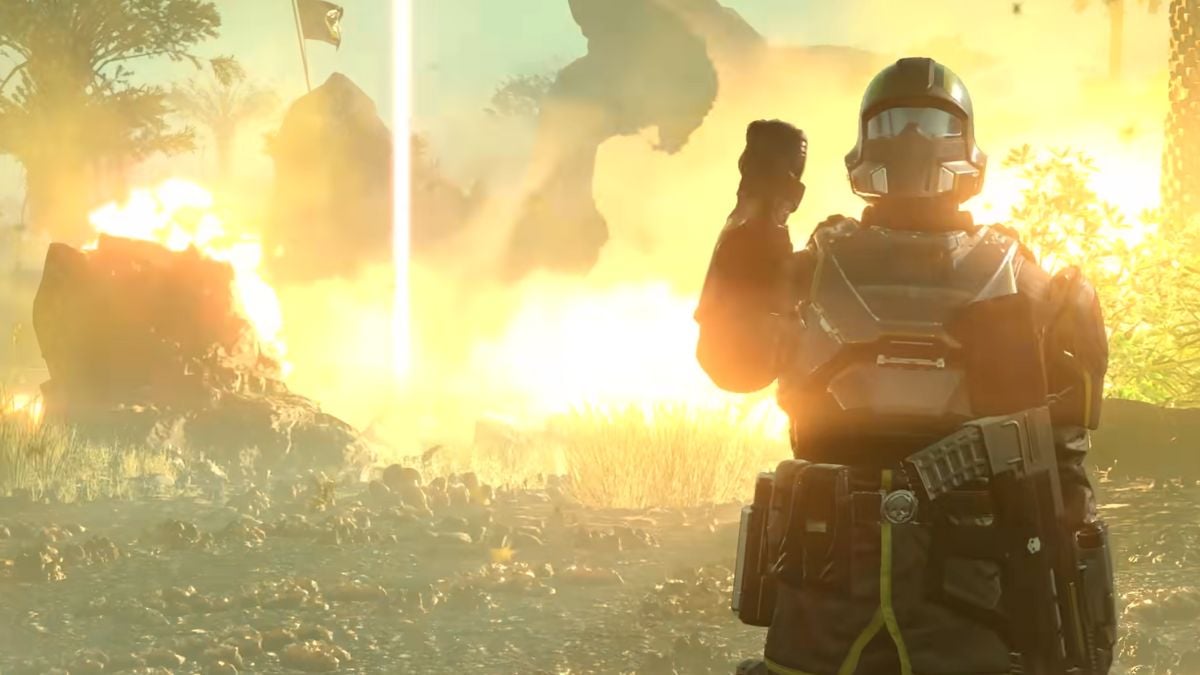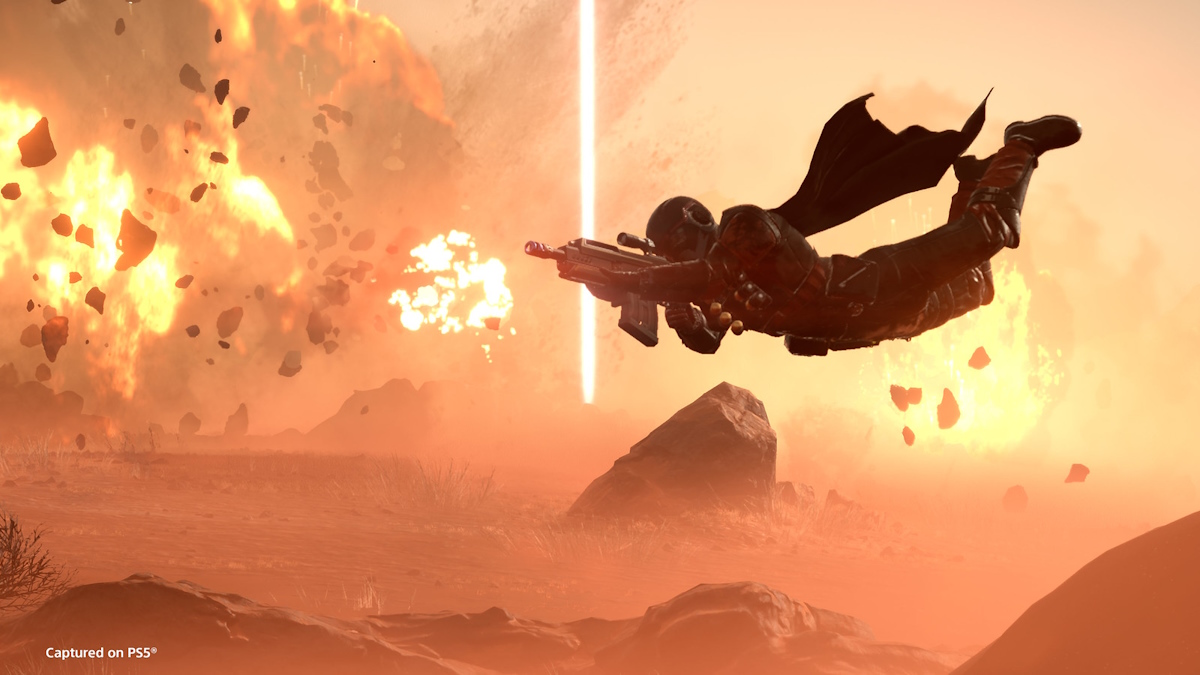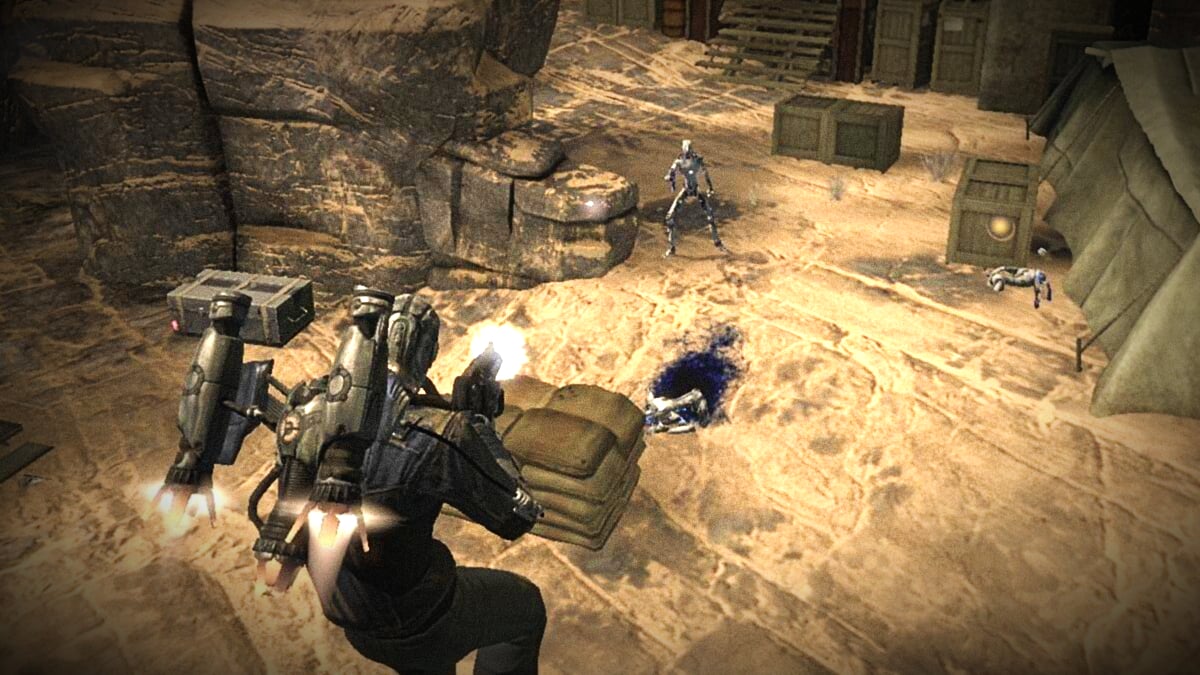
Consider the following question: can a videogame teach journalistic integrity? What about a mod to a six-year-old RPG? These are the questions that Nora Paul and Matt Taylor set out to answer, and their efforts were the subject of “Being Brian Crecente: Using an Off-the-Shelf Role-Playing Game to Teach Journalism.”
Essentially, Paul and Taylor used Neverwinter Nights‘ considerable modding tools to create a journalism game set in contemporary times. When a chemical spill endangers the lives of an entire town, how do you get to the truth? How do you approach the story? Can you learn from your virtual experience and apply it to real life?
Hit the jump for more on the seminar.
Nora Paul’s “Playing the News” is the first in a series of educational/artistic projects designed to teach journalism through unorthodox methods (the other projects in the series are called “Painting the News” and “Sensing the News”). Basically, Paul wanted to promote a more interesting, intuitive, and interactive method of teaching the principles of journalistic integrity and efficiency; games seemed perfectly suited to the task.
After industry vet Matt Taylor told Paul about the Neverwinter mod tools, Paul went about getting funding for her project. It wasn’t easy, of course: there were, as she puts it, no academic incentives to be had for universities to invest in the creation of a videogame. Videogames are generally viewed by academia as counteproductive…but that didn’t stop Paul from eventually (in this case, “eventually” means “a few years after she got the initial idea”) netting a $10,000 grant to create the mod. After completion, Paul tested it in a Information for Mass Communication class — a required course for journalism majors.

The purpose of the game is to simulate the decision-making process inherent in journalism, as well as showing the implications of those decisions. Through the nonlinear dialogue system NWN offers, Paul’s team attempted to reinforce good reporting practices amongst journalism majors.
The game, based on true events, concerns a chemical spill in the city of Harperville. First, the player has to come up with an angle for the story: do you look at it as a health, public or transport safety, or environmental piece? From there, the player has to identify key questions to ask his or her sources, along with which sources should be interviewed and how. The game also requires players to do previous research before interviewing the NPCs: if you ask the mayor what the dangers the spilled chemical presents when you should have figured that out on your own, he’ll get angry and become less responsive to your questioning.
Similarly, the player has numerous methods of interviewing via dialogue choices: students could be cocky, or confident, or passive, and each type of question yields a different response, as any veteran BioWare fan can attest to. After interviewing sources and taking notes using the ingame note system, the player has to return to the news room and piece together their story, at which point they are ultimately rated on their performance.

Specifically, the game sought to teach what Paul described as Brian Crecente’s three major moral imperatives: treat interviewees as you’d want to be treated, don’t rely on the officials, and source every single piece of information you use. If players did not adhere to these three rules, they didn’t succeed in the game.
Paul then went on to cite some upsides and downsides to the Neverwinter project. Students obviously enjoyed their classes more and considered it a more practical application of classroom concepts; on the other hand, the game was very difficult to run simultaneously on 20 different computers, and it was essentially impossible to deploy the game beyond the confines of the lab. Paul also pointed out an entertaining bug which involuntarily referenced Neverwinter‘s original combat-based nature: sometimes, if players wanted to leave the news building, they would have to fight another reporter to the death in order to actually get out the front door.
Moving on from Neverwinter Nights, Paul is in the process of transcribing the game’s basic mechanics and dialogue into a more attractive engine called MULE, run by Pine Tech’s Johnson Simulation Center. The game certainly looks a lot better, and the entire exchange hasn’t cost Paul a dime (Pine Tech needed something to test MULE out, Paul needed a new engine).

Ultimately, Paul says she’d like to dramatically improve upon the current game (the conversation system could use work, and she’d like to have in-game Internet browsers which link to other class exercises), in addition to doing more scientific testing concerning the efficiency of the game in teaching ideas. She hasn’t yet been able to definitively state how well her mod communicates these concepts of journalism but, if nothing else, she certainly seems to be taking a step in the right direction.



